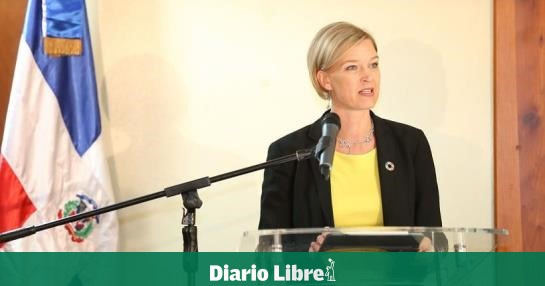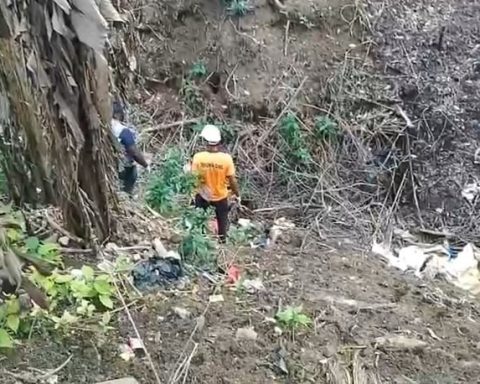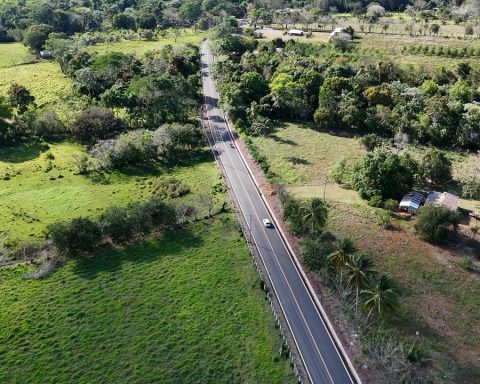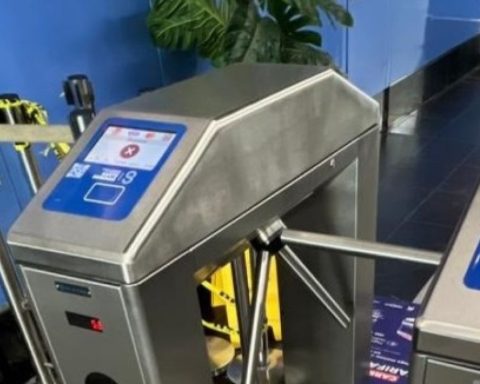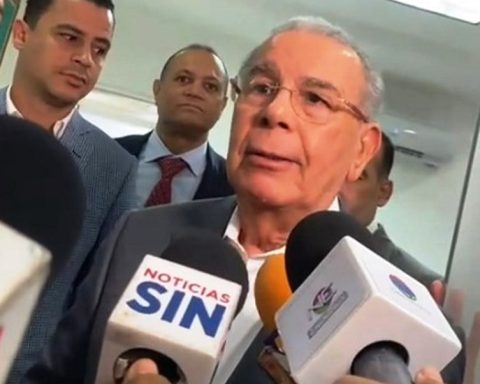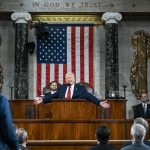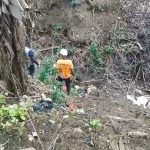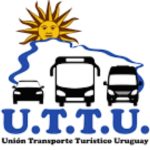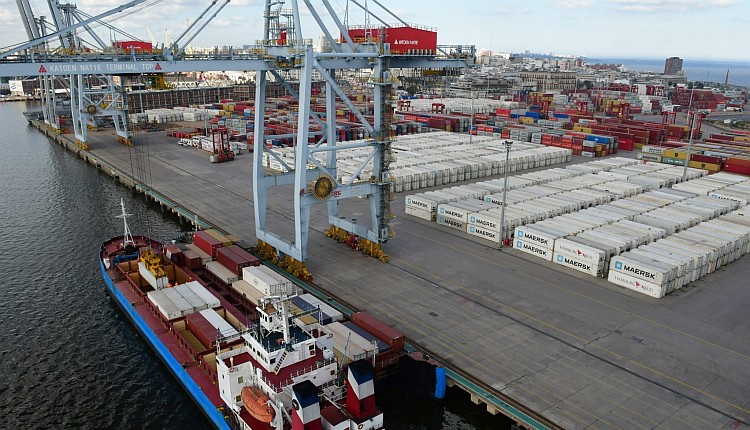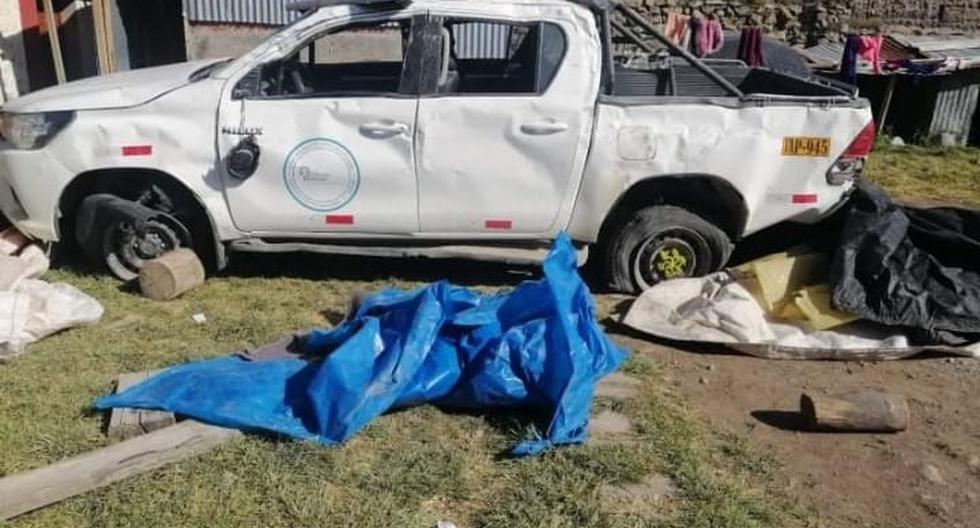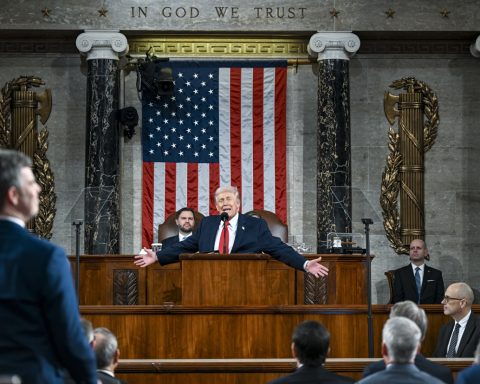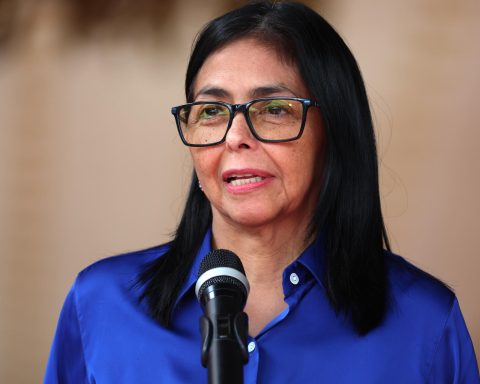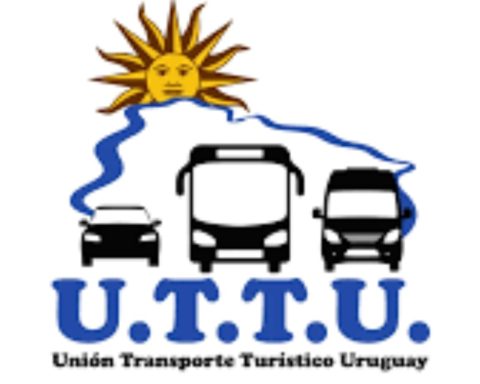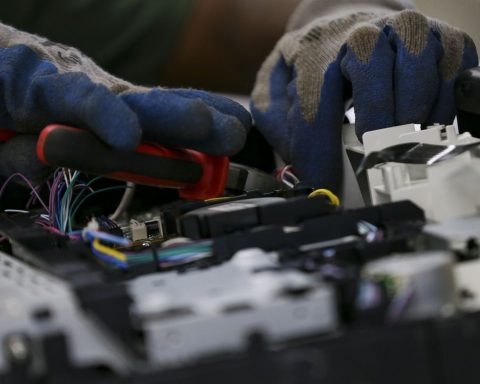The United Nations Development Program signed an agreement this Friday with the National Association of Hotels and Tourism (Asonahores) aimed at promoting sustainability, inclusion, equality and the prevention of violence within the Dominican tourism sector.
The resident representative of UNDPInka Mattila, explained that the international organization will help Asonahores, as the main platform for the tourism sector, to have good practices in these areas.
The collaboration agreement contemplates carrying out a comprehensive action that allows establishing goals linked to the Sustainable Development Goals (SDG) and executing actions based on indicators of good practices to promote a sightseeing sustainable and inclusive.
At the signing ceremony of the agreement, Mattila highlighted the significant impact that the development of the sightseeing has for the quality of life of the Dominican population, which is why the recovery of the sector after the COVID-19 pandemic has been so important.
“The pandemic affected the entire value chain of the sightseeing” but, in a special way, “to enterprises led by women and informal jobs and, as a result, the pre-existing inequalities” in terms of gender were deepened.
In this sense, he highlighted that more than half of the women in the Dominican tourism sector, who represent 56% of the workforce in this segment, “are in labor informality”, which opens the opportunity to promote the improvement of working conditions for women.
The president of Asonahores, Rafael Blanco, highlighted the importance of the sector being able to rely on all the networks that the UNDP worldwide, which will give you access to global solutions to adapt them to the country in terms of sustainability, gender equality, accessibility and labor inclusion of people with disabilities, among other aspects.
Blanco believed that “the crisis presents an opportunity to relaunch the sightseeing in a more sustainable, inclusive and safe way, taking into account the importance of the sector and the drag effect on other sectors due to the productive chains”.
“We have to adapt” and offer a product “adapted” to people with disabilities, both from the point of view of facilities, beaches, and transportation, for which a series of surveys are being carried out that will allow guidelines to be applied in that direction.
In the field of sustainability, Blanco highlighted that this is one of the pillars of the strategy of the sightseeing in the Dominican Republic, and pointed out that “in the niches of the future that tourists are looking for, sustainability is beginning to have a very important weight”, given that “38% are willing to pay more as long as their trip is guaranteed to be sustainable” .
The signing of the agreement took place within the framework of the fair of sightseeing DATEthe main promotional event for this destination, which has seen attendance increase by 30% in this twenty-second edition, after two years without being held due to the COVID-19 pandemic.
